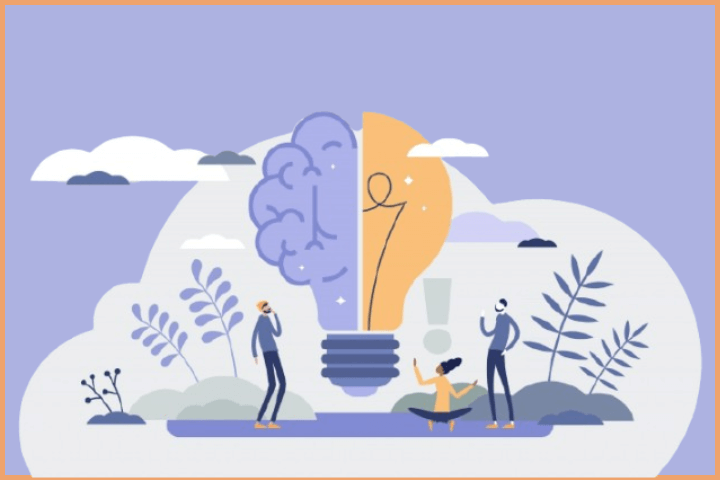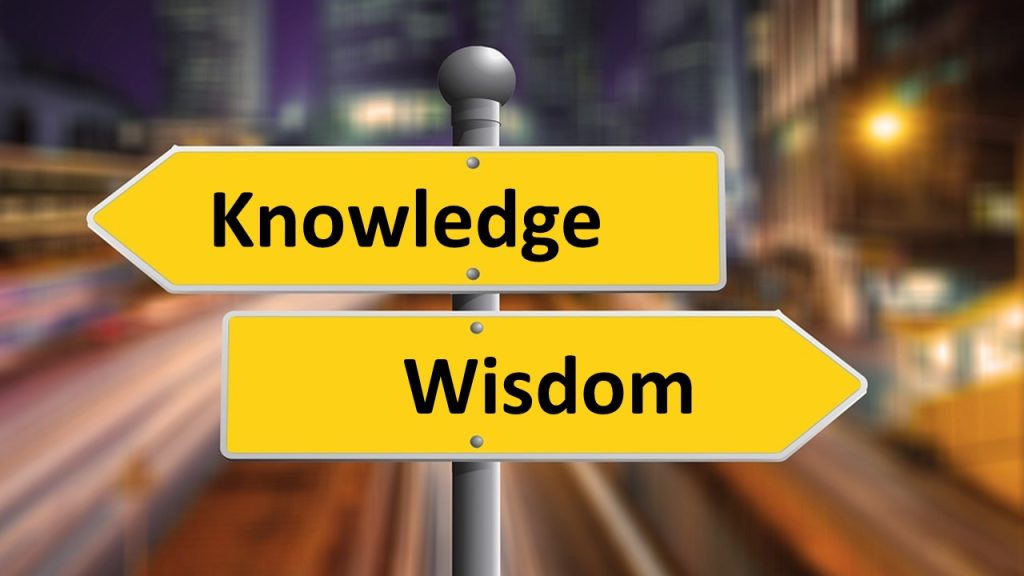Understanding the difference between knowledge and wisdom is crucial for personal growth and fulfillment. While they are often used interchangeably, their impacts on our lives are distinctly different. Knowledge and wisdom are both valuable, but wisdom enables us to apply knowledge effectively, leading to better decision-making and a more fulfilling life.
What is Knowledge?
Knowledge encompasses the information and skills that you acquire through learning and experience. It is the accumulation of facts, techniques, and theories that one learns daily. Knowledge is tangible and can be displayed boldly to the world.
It involves awareness, education, and expertise in specific subjects. One can gain knowledge through reading, researching, observing, and studying. However, knowledge alone does not guarantee sound judgment or understanding of how to apply it effectively in real-life situations.
The Nature of Wisdom
Wisdom, on the other hand, is more profound and introspective. It involves the judicious application of knowledge and experience. Wisdom is about knowing when and how to apply what you’ve learned. Unlike knowledge, wisdom is more about what you choose to leave behind rather than what you accumulate. It’s an internal compass guiding your decisions and actions toward a meaningful and content life.
Knowledge vs. Wisdom: A Contrast

- Arrogance vs. Humility: Knowledge can sometimes lead to arrogance as one becomes confident in one’s understanding and abilities. This confidence often manifests outwardly. Wisdom, however, fosters humility. It teaches that there is always more to learn and that understanding is ever-evolving.
- External vs. Internal: Knowledge is an external display, often recognized and validated by others. Wisdom is internal, providing a sense of peace and clarity that is independent of external validation.
- Facts vs. Discernment: Knowledge is about collecting facts, while wisdom involves discernment, determining which facts are relevant in a particular situation.
- Learning vs. Experience: Knowledge can be acquired through education and research, whereas wisdom is gained through experiences, reflection, and learning from past decisions.
The Journey to Wisdom
The pursuit of wisdom involves deep introspection and the willingness to let go of certain learned behaviors and beliefs. It is a journey rather than a destination. Wisdom grows from within and, over time, can be displayed outwardly through compassionate actions and thoughtful decisions.
Bridging the Gap: Turning Knowledge into Wisdom
While it is easier to seek and obtain knowledge, transforming it into wisdom requires effort. The application of knowledge in practical life determines one’s wisdom. For example, understanding nutrition through reading (knowledge) is different from making healthy food choices daily (wisdom). Similarly, knowing financial strategies does not guarantee success unless they are applied wisely with foresight and judgment.
An Analogy: Wells and Vessels
Consider this analogy: knowledge is like a well of water that can run dry after repeated use. It has limitations and can be exhausted. In contrast, wisdom is like an inexhaustible vessel that never empties. The more you draw from it, the more it replenishes itself. This boundless nature of wisdom is what connects it to a higher, divine source.
The Divine Connection
Wisdom is inherently related to a higher power or divine source. The more you seek wisdom, the more it is bestowed upon you, creating a perpetual cycle of growth. This divine connection makes wisdom an essential component for achieving inner peace and happiness. It enables individuals to distinguish between what is necessary and what is trivial, guiding them towards a balanced and fulfilling life.
The Pursuit of Peace
Ultimately, wisdom is the key to peace, both internally and externally. It transcends the superficial understanding of knowledge, leading to a more profound sense of well-being. Pursuing wisdom over mere knowledge enables one to lead a fulfilled and liberated life. Wisdom fosters patience, tolerance, and a greater understanding of human nature, which are crucial for building harmonious relationships and societies.
The Power of Wisdom in Life’s Journey
In conclusion, while knowledge is essential for practical living, wisdom is crucial for a meaningful life. It’s not enough to merely accumulate information; one must learn to apply it judiciously and let go of unnecessary burdens. Strive for wisdom to attain true peace and happiness, and let it guide your path toward a liberated existence.

